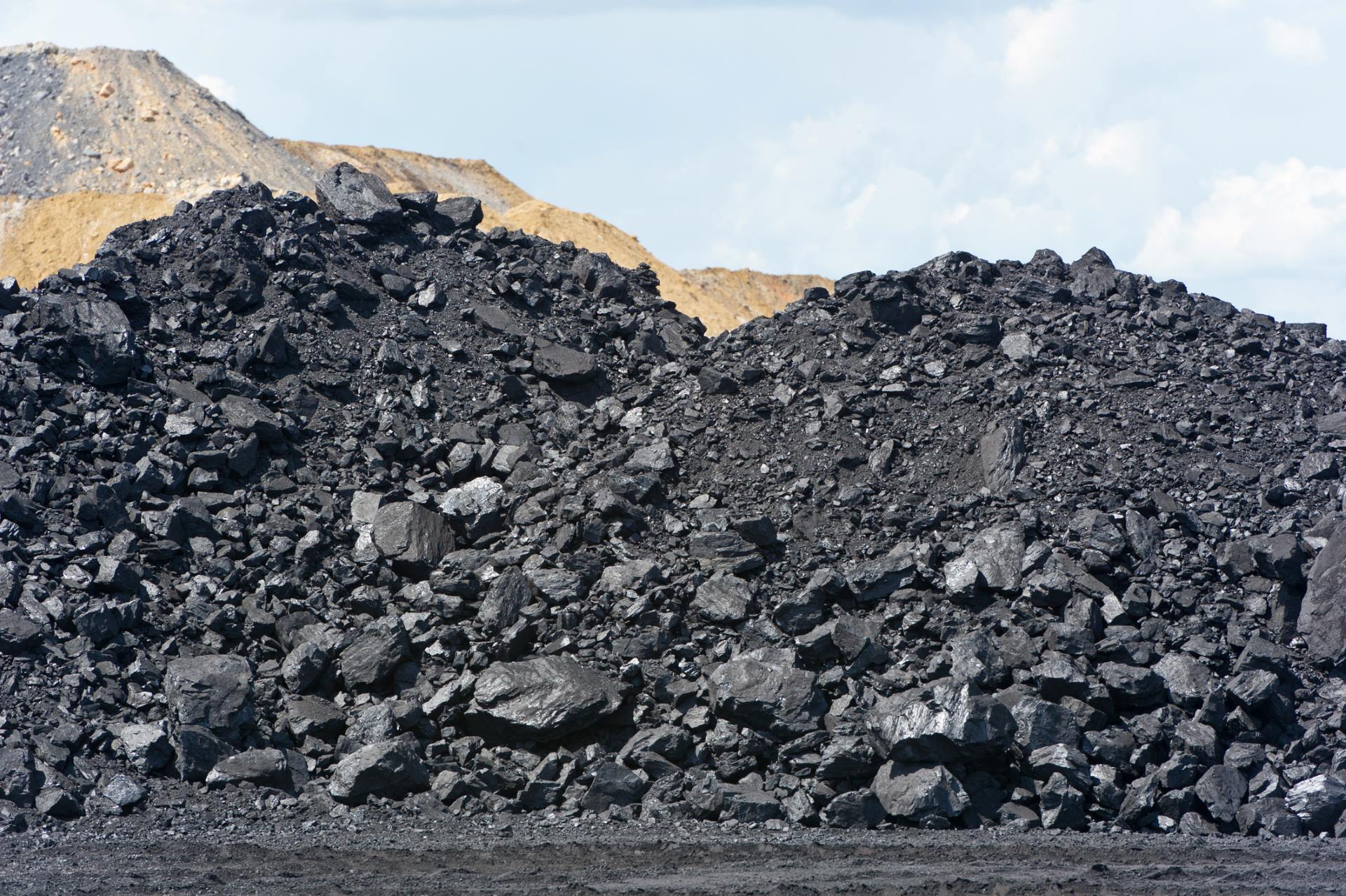Deadly floods. Shattered lives. A looming day in court.
This is the aftermath of a coal mining disaster in Appalachia — and the culmination of years of unchecked strip mining and increasingly extreme weather in the region.
What's happening?
In July 2022, heavy rains caused a coal mine retention pond to burst in Lost Creek, Kentucky, sending a devastating torrent of water and debris through the town. At least two people died and dozens lost their homes, according to the Guardian.
Now, resident Chase Hays and over 50 of his neighbors are suing the mining companies responsible, Blackhawk Mining and Pine Branch Mining. The lawsuit alleges the companies polluted drinking water and failed to properly restore the strip-mined mountain above the community.
Had the area been replanted and the ponds maintained, the residents argued in the Guardian report, the catastrophic damage may have been avoided.
Why is this lawsuit noteworthy?
Sadly, what happened in Lost Creek is not an isolated incident. Across Appalachia, many communities sit in the flood path of strip-mined mountains.
Over a million acres have been stripped bare by surface mining in pursuit of coal, per the Guardian. What's left behind are denuded slopes that can no longer absorb rainfall. Even worse, the ponds built to manage storm runoff often go neglected.
"The facts are the same in all these cases," said Ned Pillersdorf, a lawyer for the Lost Creek residents. "Basically, you have a mining operation that has reclamation issues, and then you get a 45-minute tidal wave that does damage."
At the same time, the weather is becoming more extreme in the region. In 2022, eastern Kentucky saw historic flooding that killed 44 people. A recent study found that nearly all the victims lived downstream from a mine.
As the planet heats up, Appalachian families increasingly find themselves in harm's way, stuck between corporate irresponsibility and intensifying storms. Many can't afford to move or even buy flood insurance. For them, seeking justice through the courts may be the only option.
What's being done to stop deadly flooding?
The good news is solutions exist — but we need to act now to protect vulnerable communities and our environment.
First and foremost, coal companies must be held accountable for properly restoring strip-mined land. That means doing more than the bare minimum required by law. These companies reap huge profits; the least they can do is ensure their mines don't put people's lives and homes at risk.
We also need policies and programs to help Appalachian towns become more flood-resilient. That includes elements like smarter planning, natural flood barriers, and making flood insurance affordable.
Most importantly, we must accelerate our transition to cleaner, safer energy sources. Dirty gases are driving the extreme weather putting so many at risk. By embracing renewable solutions today, we can start building a more secure future for communities on the frontlines — in Appalachia and beyond.
Join our free newsletter for cool news and actionable info that makes it easy to help yourself while helping the planet.









